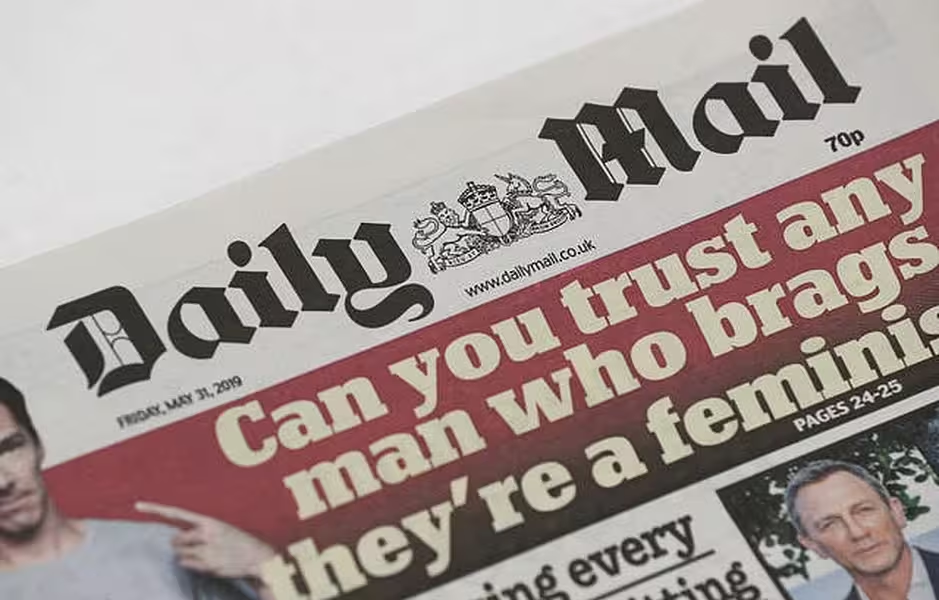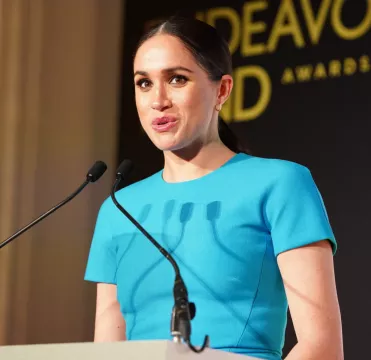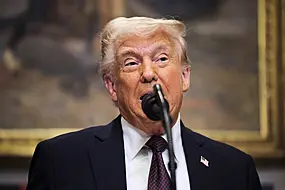The Mail On Sunday has been refused permission to appeal against a UK High Court ruling granting Meghan Markle victory in her privacy claim against the newspaper without a trial.
Meghan (39) sued Associated Newspapers Limited (ANL) – the publisher of The Mail On Sunday and MailOnline – over a series of articles which reproduced parts of a handwritten letter sent to Thomas Markle (76) in August 2018.
She claimed the five articles published in February 2019 involved a misuse of her private information, breached her copyright and breached the Data Protection Act.
Last month, Meghan was granted summary judgment in relation to her privacy claim, meaning she won that part of the case without having to go to trial, as well as most of her copyright claim.

At a remote hearing on Tuesday, ANL’s lawyers applied for permission to appeal against that ruling on 10 grounds.
But Lord Justice Warby refused permission to appeal, saying it had “no real prospect” of success.
The judge added: “The Court of Appeal, of course, may take a different view and the defendant has a right to renew this application to a Court of Appeal judge.”
Lord Justice Warby also granted Meghan “a final injunction restraining misuse of private information”.
But he refused to grant an injunction in relation to Meghan’s copyright claim, saying it would not be “appropriate” while parts of that claim are unresolved.
Meghan’s lawyers earlier asked the judge to order ANL to hand over any copies of the letter and destroy any electronic copies of it or any notes made about it.
Lord Justice Warby said he would not make an order for “delivery up or destruction” of any copies of Meghan’s letter to her father “at this stage”.

Ian Mill QC, representing Meghan, also sought an order requiring ANL to publish a statement about the duchess’ victory on the front page of The Mail On Sunday and the home page of MailOnline “to act as a deterrent to future infringers”.
Lord Justice Warby said he would make “a limited order for publication and dissemination” of the result of the summary judgment application, but that it would be “considerably more limited than the order sought”.
He added that the details of the order for publication and his reasons for granting it would be provided in a written ruling, to be handed down at a later date.
Mr Mill had also told the court that Meghan was willing to “cap her damages” for misuse of private information “at a nominal award”, if the court would order “an account of profits” – evidence of how much the publisher gained financially from its publication of the letter – in relation to the infringement of her copyright.
Antony White QC, representing ANL, suggested in written submissions that “£1, £2 or £5 would do” as an award of nominal damages for misuse of private information.

Lord Justice Warby said: “I accept that the claimant may elect to seek an account of profits in the copyright claim.”
The judge said that any “financial remedies” which would be granted to Meghan would be considered at a further hearing in late April or early May, which will also deal with Meghan’s claim under the Data Protection Act.
He also ordered ANL to make an “interim payment on account” of Meghan’s legal costs in the sum of £450,000 (€520,000) within two weeks.
The court heard that her total legal bill is around £1.5 million, a figure ANL described as “extraordinary”.
In the ruling last month, the judge – who is now Lord Justice Warby, following his recent promotion to the Court of Appeal – ruled that the publication of Meghan’s letter to her father was “manifestly excessive and hence unlawful”.
He said: “It was, in short, a personal and private letter.
“The majority of what was published was about the claimant’s own behaviour, her feelings of anguish about her father’s behaviour, as she saw it, and the resulting rift between them.
“These are inherently private and personal matters.”
He said “the only tenable justification for any such interference was to correct some inaccuracies about the letter”, contained in an article in People magazine, published just days before ANL’s five articles, which featured an interview with five friends of Meghan.
But the judge added: “The inescapable conclusion is that, save to the very limited extent I have identified, the disclosures made were not a necessary or proportionate means of serving that purpose.

“For the most part they did not serve that purpose at all.
“Taken as a whole the disclosures were manifestly excessive and hence unlawful.”
He also said ANL’s arguments on ownership of the copyright of the letter “seem to me to occupy the shadowland between improbability and unreality”.







